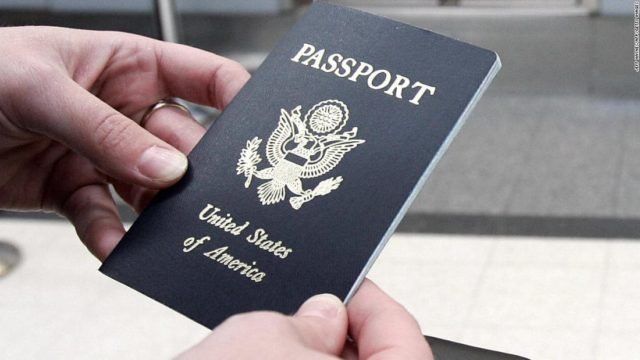Difference between L1 and E1 visa
Those who are looking to come to work to the US, often have a problem with understanding the differences and similarities between what’s called an L1 and E1 visa. The two are similar and legal jargon about coming to the US can be complicated.
This article will help you understand what rights and obligations you have with each of these visa options and what you should pay attention to. This is something you should be aware of even when your lawyers are handling the process for you, due to its importance.
What’s L1?
L1 is a type of non-immigrant visa. That means that it’s issued to those who don’t plan to remain permanently in the US, but want to come to the country for a limited period of time and with a clear purpose. It’s used by international organizations that have offices in the US and in a foreign country.
This is used to transfer workers to the US to run the part of the company that’s based there. It’s mostly about t transferring managers and those who have a specialized knowledge without which the company can’t work with.
What’s E1?
E1 is a similar visa to the previous one. That’s because it’s also a non-immigrant visa and it’s also made to help foreigners start businesses in the US. However, it’s not about transferring the managers and specialized workers but those who are coming to the US to invest. It’s also not only for those who have an office in the US, but for any international organization that has dealings with the US.
There’s a term called “substantial capital” which is how much you need to invest to get this visa, and that’s something to discuss with your lawyers beforehand.
Qualifications
When you’re getting an L1 visa you need to go through a qualification process. This starts with the employer petitioning the government on your behalf to get the petition. That means that you have someone waiting for you with a job in the US.
When it comes to E1 visa you don’t have to have a business on the other side vouching for you but what you need to do is to prove that you’ve had dealings with the US before, meaning the government or individuals and businesses working in it.
Time to stay
The time you have to stay in the US legally depends on the business that you’ll work for if you’re here on L1 visa. If the business is existence for a year or less you get to stay in the US for a year as well. If the company has existed for two or more years you get to stay for two years as well. You can also extend the visa for up to 7 years.
Those with E1 visa get to stay for two years initially. The stay can then be extended for additional 2 years indefinitely. You’ll need to extend the visa in time or you’ll have to return to your home country.
Path to residency
L1 which is a visa we have wrote about before, is known as dual intent visa which means that it has a clear and simple path to residency. It’s possible to apply for residency while your visa is still active meaning that you can remain in the country on a visa even if you don’t get to be resident of the US.
E2 visa aren’t dual intent visas and you can’t become a US resident based on having this visa and applying for it. In fact, when applying for it you need to state that you don’t plan to stay in the US.
When you can get both
There are cases in which you can apply for both of these visas since it’s not always easy to make a distinction between managers and investors. In fact, early on the investors are probably both at least for a while.
In these cases you should take into account how long you plan to work in the US and do you plan to transition your work in the company to a more passive role as the company grows bigger.
Conclusion
It’s important to understand your legal status when moving to the US to do a job or to start one. This can be done in a variety of ways and you should be aware of the legal differences between types of visas. The most common of these are L1 and E1.
One is made for helping managers and specialized employees come to the US and the other is made for investors. There’s also a difference in how easy it is for those who hold this visas to become residence early on. You should consult a lawyer before making a choice.

